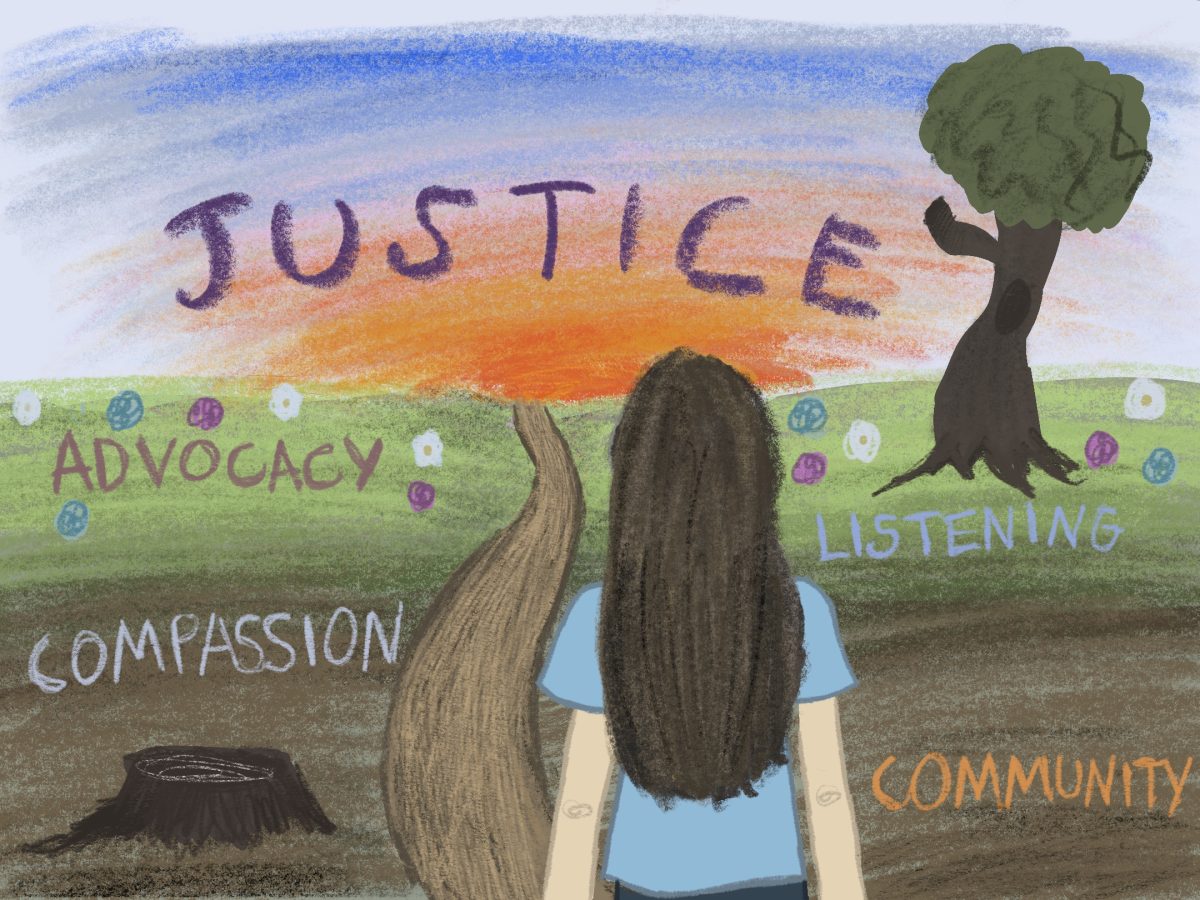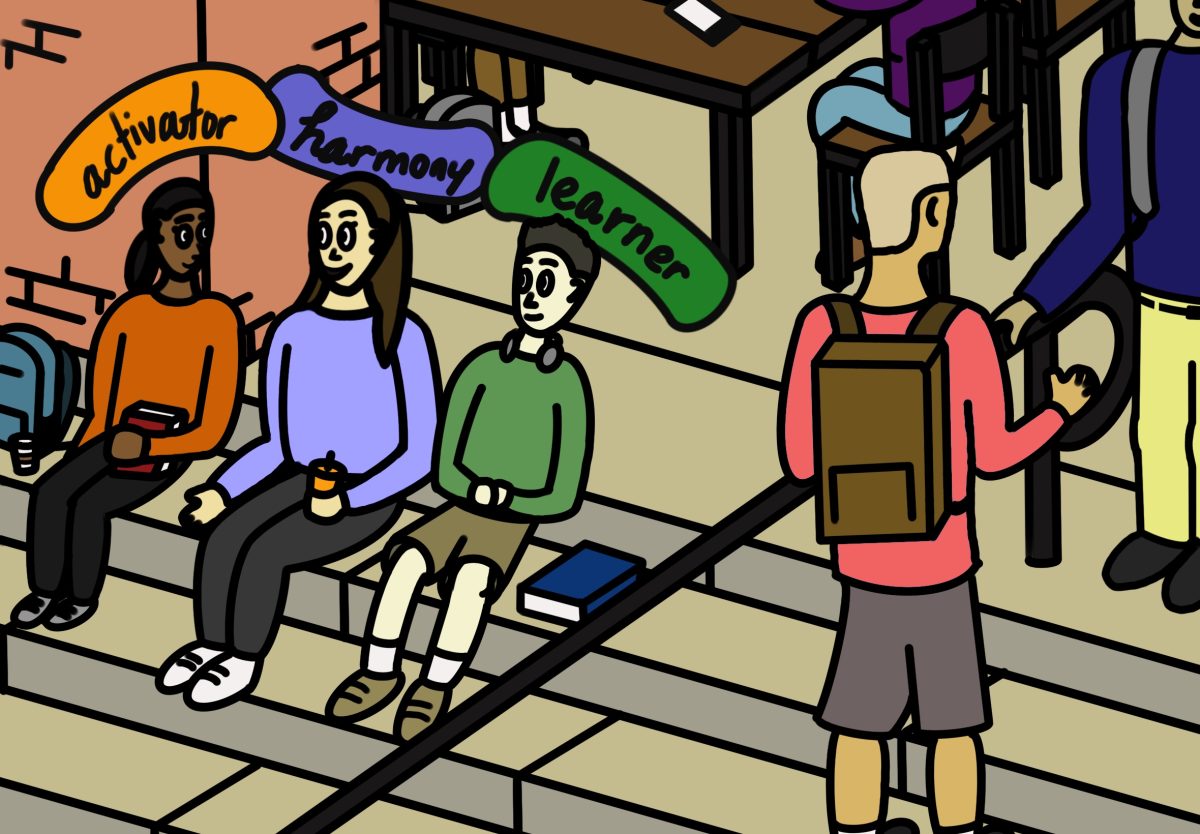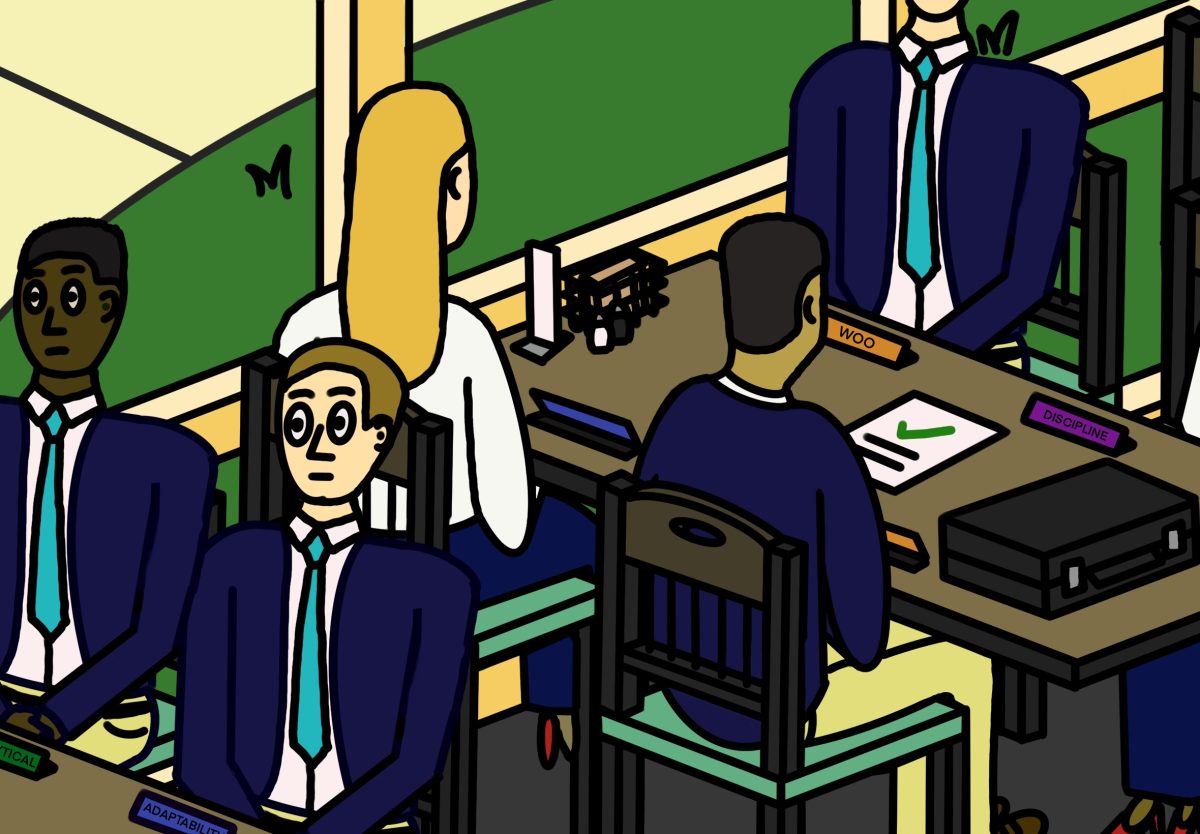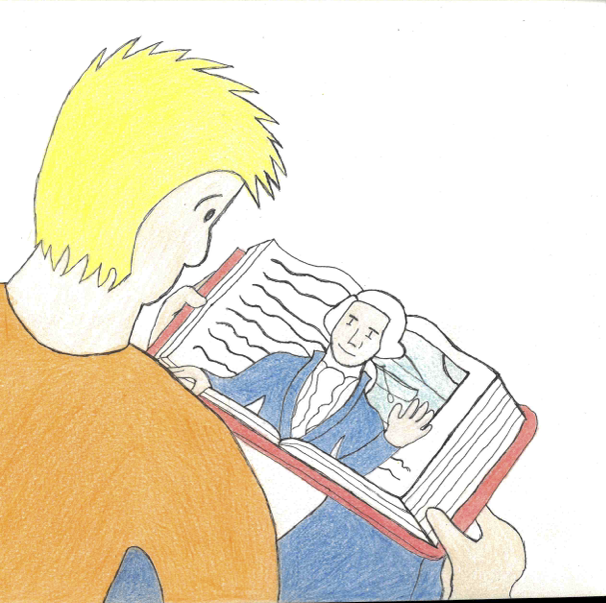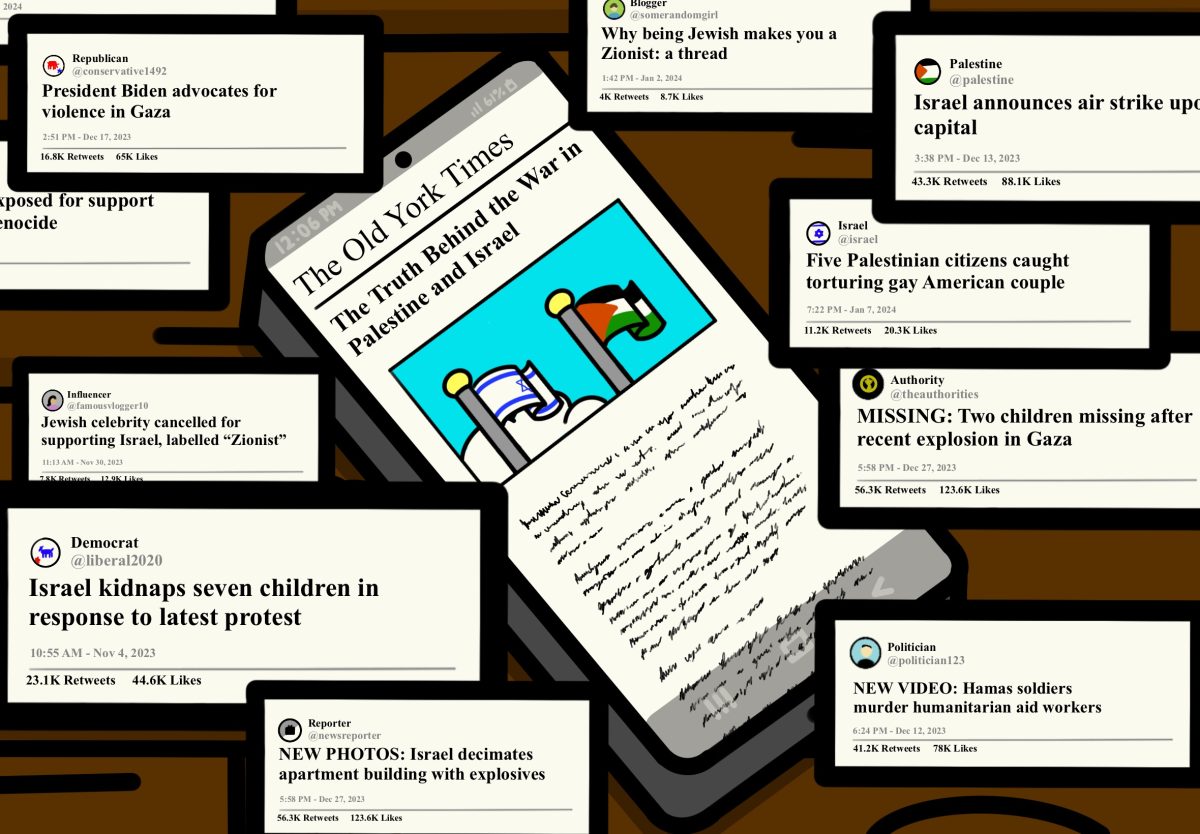You might not know it, but Furman made national news last week. Inside Higher Ed, the New York Post, National Review, and others all covered the story of Dr. Kelly Kean Sharp, Assistant Professor of African American History at Furman, who resigned suddenly after an anonymous critic on Medium accused her of the “fabrication and strategic use of a Chicana identity.” Rather than dive into the details of this strange story or a discussion around the pervasive phenomenon of white academics fabricating identities as racial and ethnic minorities, I want to contextualize and criticize Furman’s handling of this story.
In my four years at Furman, I have been encouraged to see that the university has been increasingly transparent and vocal about issues relating to diversity and inclusion. For example, in March 2019 a video surfaced of “a Furman student singing along with a song that includes a hurtful epithet for African Americans in the lyrics.” In October 2019, the university “received reports that swastikas and sexually explicit comments and drawings were written on the doors of several rooms in Blackwell Hall in South Housing.” As recently as March 2020, there was a “zoom bombing bias incident” in which several unknown scores entered a Furman professor’s zoom session and made a “string of blatantly racist statements.”
In each of these cases, and many more, Furman has sent out a timely community-wide email condemning racism, bigotry and hate. The messages typically clarify the details of the incident, indicate how Furman is taking action, and include resources for affected students. In this context, the University’s silence on Sharp’s alleged fabrication and subsequent resignation speaks volumes and merits further examination.
Beyond the disturbing irony of a professor who, according to Inside Higher Ed, “claims to be interested in racial justice and making disadvantaged students more comfortable on college campuses” taking advantage of a minority identity, what stands out most about the Sharp story and distinguishes it from the other examples I offered is Furman’s obvious culpability.
Sharp only began work at Furman in July of this year. If the allegations against her are true—and her quick resignation along with Furman’s hesitancy to address the story certainly suggest that they are—then it is clear that Furman did not do its due diligence during the hiring process.
Furman’s administration knows this and has already begun to shirk responsibility. As reported by Inside Higher Ed, Furman administrators have indicated that “Furman doesn’t ask about candidates’ ethnicity during applications or during interviews” and suggested that “Sharp was hired “because of her demonstrated qualifications for the specific position.” This seems to suggest that Furman is no way responsible for hiring Sharp.
That is a weak claim. Even if no one asked about Sharp’s ethnicity at all during the hiring process, which second hand reports have led me to seriously doubt, her body of work was certainly under consideration. Inside Higher Ed reported that, according to Sharp’s Furman faculty biography, her “research on the antebellum South was inspired in part by her hometown, Encinitas, Calif., and its ‘majority-minority population.’” Encinitas, however, “has long been overwhelmingly white.”
If an anonymous person could find all of this unqualifying information about Sharp, then Furman certainly could have as well. That the university did not reflects a serious carelessness in the hiring process.
More importantly, however, the administration’s continued silence on this issue suggests a concerning approach to diversity and inclusion. First and foremost, Furman’s unwillingness to address this situation head on stands in sharp contrast to the university’s quick response to previous incidents in which Furman was less directly responsible, such as the examples I mentioned before.
That seems wrong to me. If we want our campus to be more diverse and inclusive, that needs to start with people owning up to the mistakes they are most responsible for. In this case, that means the administration should make a community-wide statement as it has done before for incidents involving students rather than faculty. Otherwise, the administration risks seeming like they only address situations like this when it is expedient for them to do so.
Secondly, it is especially important that Furman make a statement about Sharp’s case because of her proximity to issues of diversity and inclusion and racial justice at Furman. According to a flyer distributed around campus, Sharp was set to teach a Black Lives Matter class this spring.
Unfortunately, the accusations against Sharp are not only damaging to her reputation and credibility, but could also hurt the cause of diversity and inclusion at Furman more broadly. To avoid that outcome, it seems vital that Furman make a statement on the matter and I urge them to do so.


























